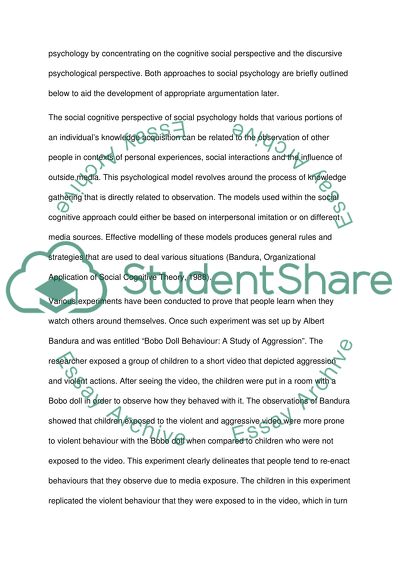Cite this document
(“Outline and Assess the Use of Experiments in Social Psychology Drawing Essay”, n.d.)
Outline and Assess the Use of Experiments in Social Psychology Drawing Essay. Retrieved from https://studentshare.org/psychology/1442805-outline-and-assess-the-use-of-experiments-in
Outline and Assess the Use of Experiments in Social Psychology Drawing Essay. Retrieved from https://studentshare.org/psychology/1442805-outline-and-assess-the-use-of-experiments-in
(Outline and Assess the Use of Experiments in Social Psychology Drawing Essay)
Outline and Assess the Use of Experiments in Social Psychology Drawing Essay. https://studentshare.org/psychology/1442805-outline-and-assess-the-use-of-experiments-in.
Outline and Assess the Use of Experiments in Social Psychology Drawing Essay. https://studentshare.org/psychology/1442805-outline-and-assess-the-use-of-experiments-in.
“Outline and Assess the Use of Experiments in Social Psychology Drawing Essay”, n.d. https://studentshare.org/psychology/1442805-outline-and-assess-the-use-of-experiments-in.


